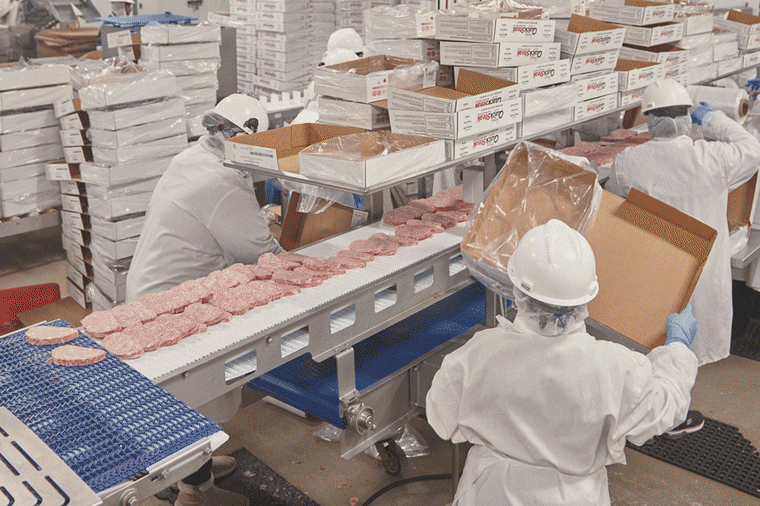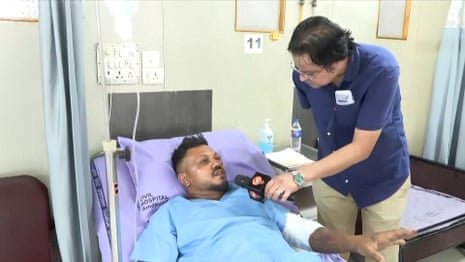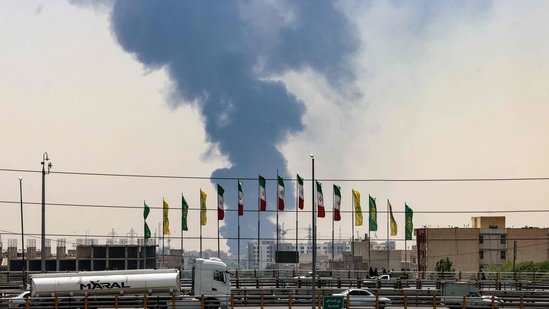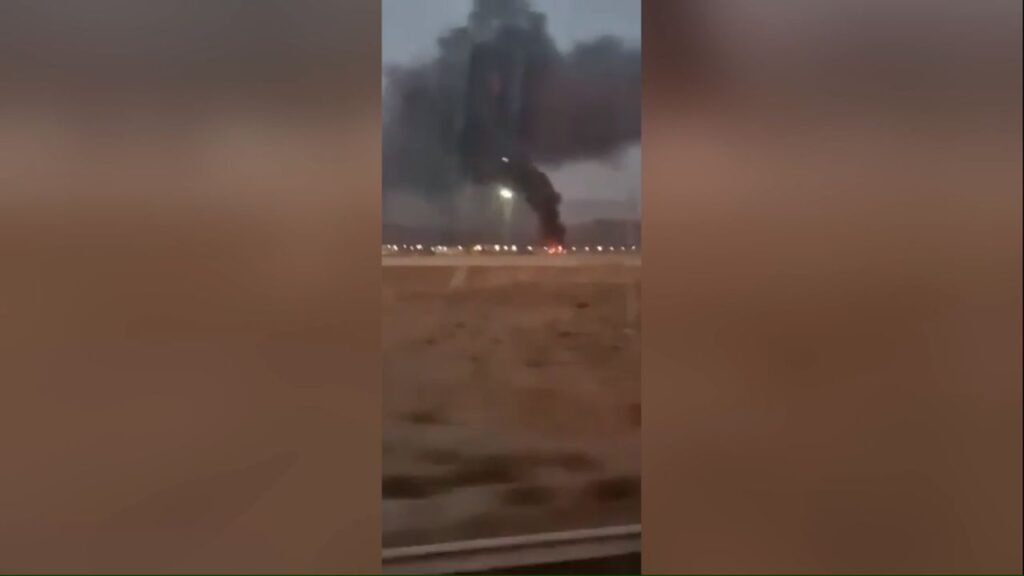More than 72 hours after India’s deadliest aviation tragedy in recent memory, Rohit Patel – a father mourning the loss of his two children – stood trembling before a room of Indian health and investigative officials in Ahmedabad and demanded answers.
“When will the bodies be given?” he asked, breaking down in front of television cameras and senior officers. His son Harshit and daughter-in-law Pooja Patel were among the 242 passengers and crew aboard the Air India Express flight that crashed minutes after take-off on Thursday.
Dr Rajnish Patel, additional medical superintendent of the city’s Civil Hospital, attempted to pacify the grief-stricken father. “You will receive a call,” he said. “Please come to the hospital only after that.”
But the father pressed on: “How long can this process go on?”
Dr Patel explained the excruciating slowness of the DNA identification process due to the condition of the bodies. “Routinely, it takes three to four days,” he said. “This situation is very critical. Please wait patiently. The body will be handed over properly.”
As of Sunday evening, 22 bodies had been identified and returned to their families. DNA samples had been matched in 47 cases, although officials clarified that this does not mean 47 individuals – some remains belong to the same victims, painstakingly reconstructed before they could be laid to rest. “We have to honour the dead,” a senior official said.
The process, officials added, is harrowing: fragments of bodies must be accurately identified, matched with DNA samples, and carefully stitched together to be placed in a single coffin.
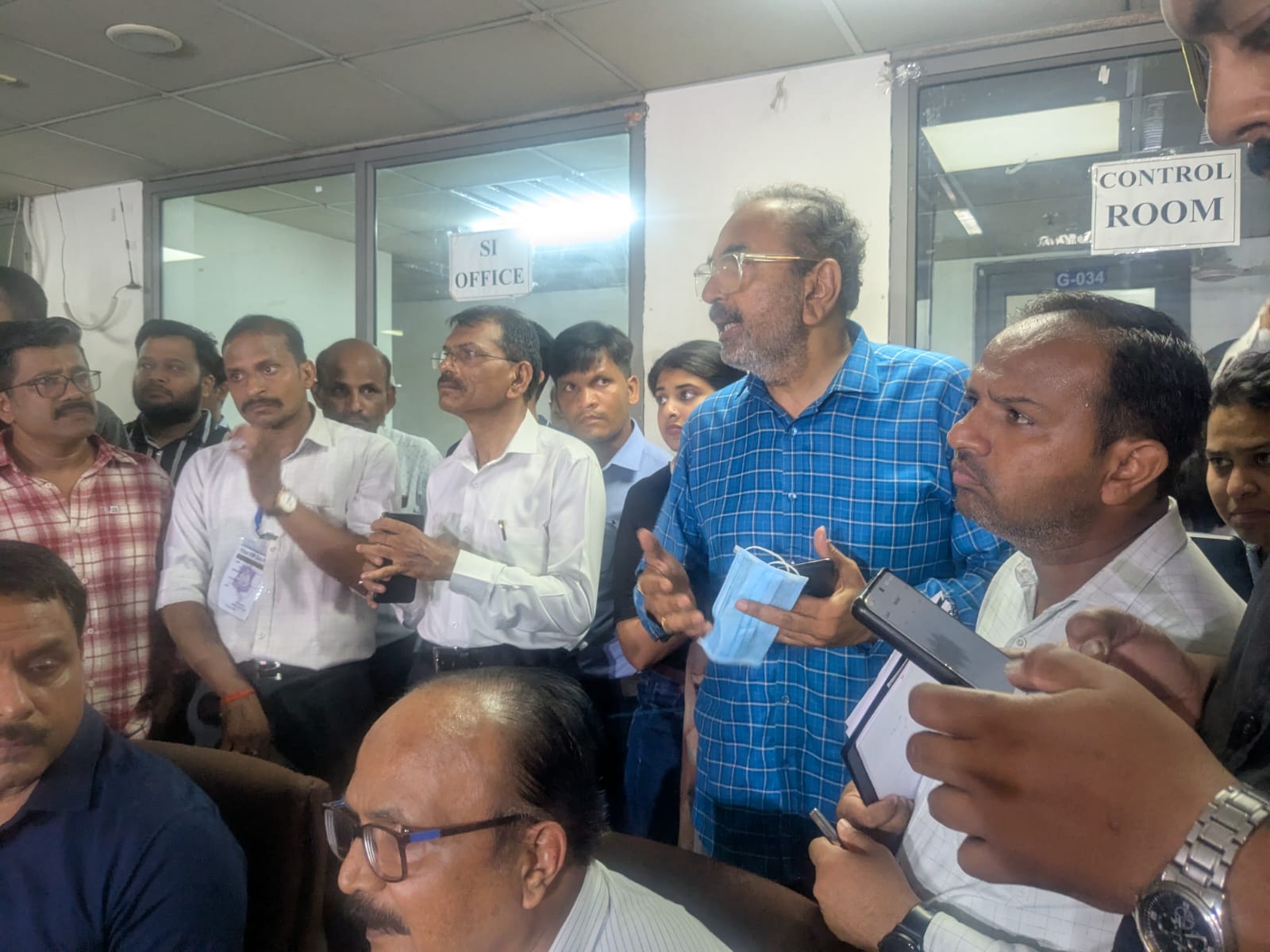
Outside the mortuary at Civil Hospital, grief hung heavy in the air.
Among the families gathered was that of 21-year-old Khushboo Rajpurohit, a newlywed on her way to join her husband in London. Her uncle Kishore Rajpurohit said the family received confirmation of her death through a government nodal officer that morning.
“She got married on 17 January this year and was awaiting visa clearance to travel to London and live with her husband,” Mr Rajpurohit told The Independent. Her father had gone to see her off at the airport. “He waited till she boarded and had not even crossed Mehsana when we learnt of the crash.”
They assembled outside the mortuary around 10am, holding on to each other for comfort as they waited for the formalities to conclude. A few hours later, Khushboo’s coffin was carefully loaded into an ambulance to be taken to her hometown of Jodhpur, in Rajasthan, accompanied by a police escort and an Air India vehicle.
“It will be handed over to the family with full honour,” Mr Rajpurohit said.
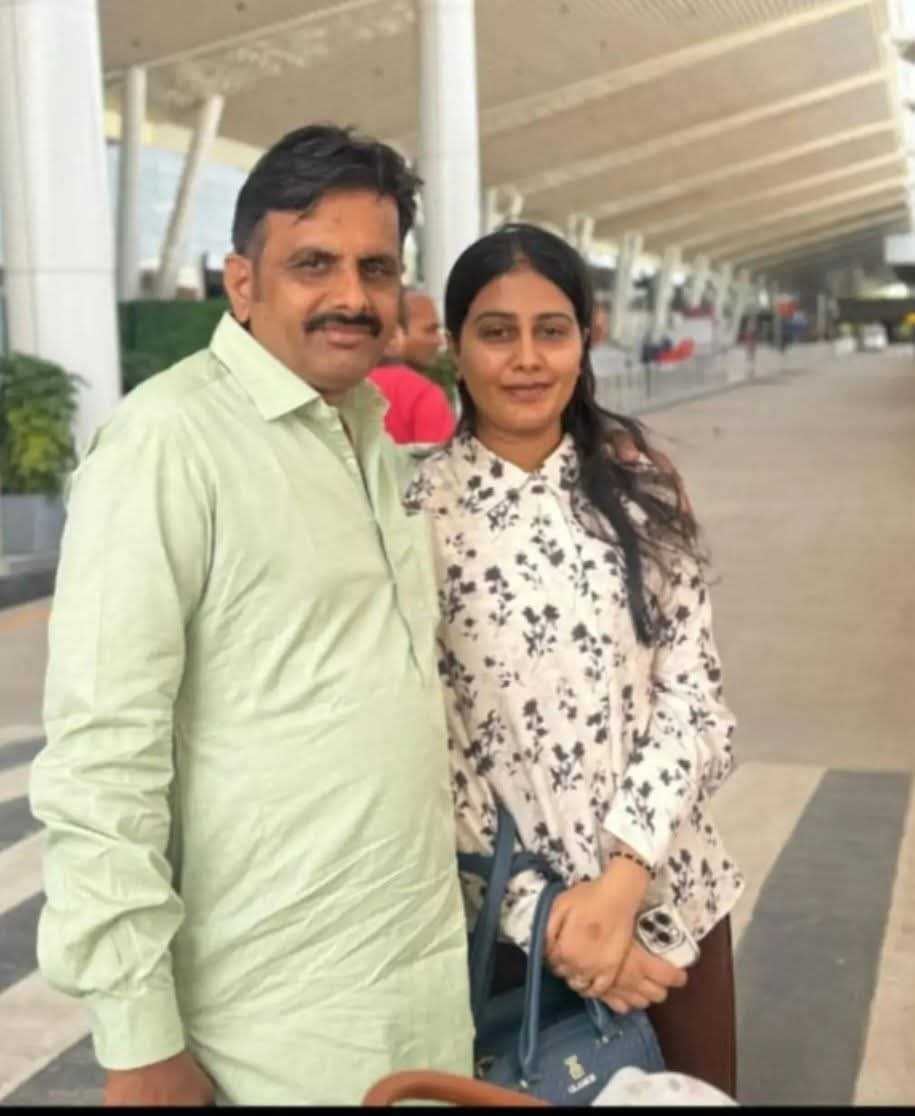
The London-bound Boeing 787 struck a medical college hostel in a residential area of the northwestern city of Ahmedabad minutes after take-off on Thursday, killing 241 people on board and at least 29 on the ground. One passenger survived.
Hundreds of relatives of the crash victims provided DNA samples at the hospital to help identify those who perished, but it is a slow process, taking between 48 to 72 hours per victim. Among those whose DNA match has been confirmed is former Gujarat chief minister Vijay Rupani.
.jpg)
Outside the hospital, a line of ambulances stood ready to accept bodies. Mahindra Singh, an ambulance driver from Kheda, a city in Gujarat, said he had been stationed there since Saturday morning. “We’ve been told to carry two bodies. Once the call comes, we leave. We’re not allowed to contact the families – only the nodal officers inform them.”
From Kutch, Bharat Godia had arrived with a fleet of five ambulances. “We were ordered by the district administration to collect the bodies. Government officials will accompany them,” he said.
At the Panchal house in Baroda, it was a call no one wanted to receive – certainly not at 12.30am. Shashi Panchal’s phone rang on Saturday night, bringing with it the final confirmation he had dreaded: the bodies of his elder brother, Narendra Panchal, and sister-in-law, Usha Panchal, had been identified through DNA testing.
The couple were among the victims of the Air India crash that has devastated families across India and beyond. They were on their first trip to London to visit their only son, who is studying for a law degree in the UK.
“My nephew was supposed to come back in September,” said Mr Panchal, speaking outside Civil Hospital on Sunday. “But my brother had suggested they visit him instead, and all three could return together.”
Mr Panchal, who had travelled from Baroda overnight, admitted the confirmation came as a crushing shock. “Actually, I didn’t even know they were on that flight,” he said. “When I heard what had happened … I can’t even begin to describe what was going through my mind. It was a very difficult time.”
He had been told to arrive at the hospital by noon, but delays in the formalities meant he had yet to see the mortal remains when The Independent spoke with him. Even so, he expressed gratitude for how the process had been managed. “The services have been good, the arrangements too. Whatever had to happen, has happened,” he said.
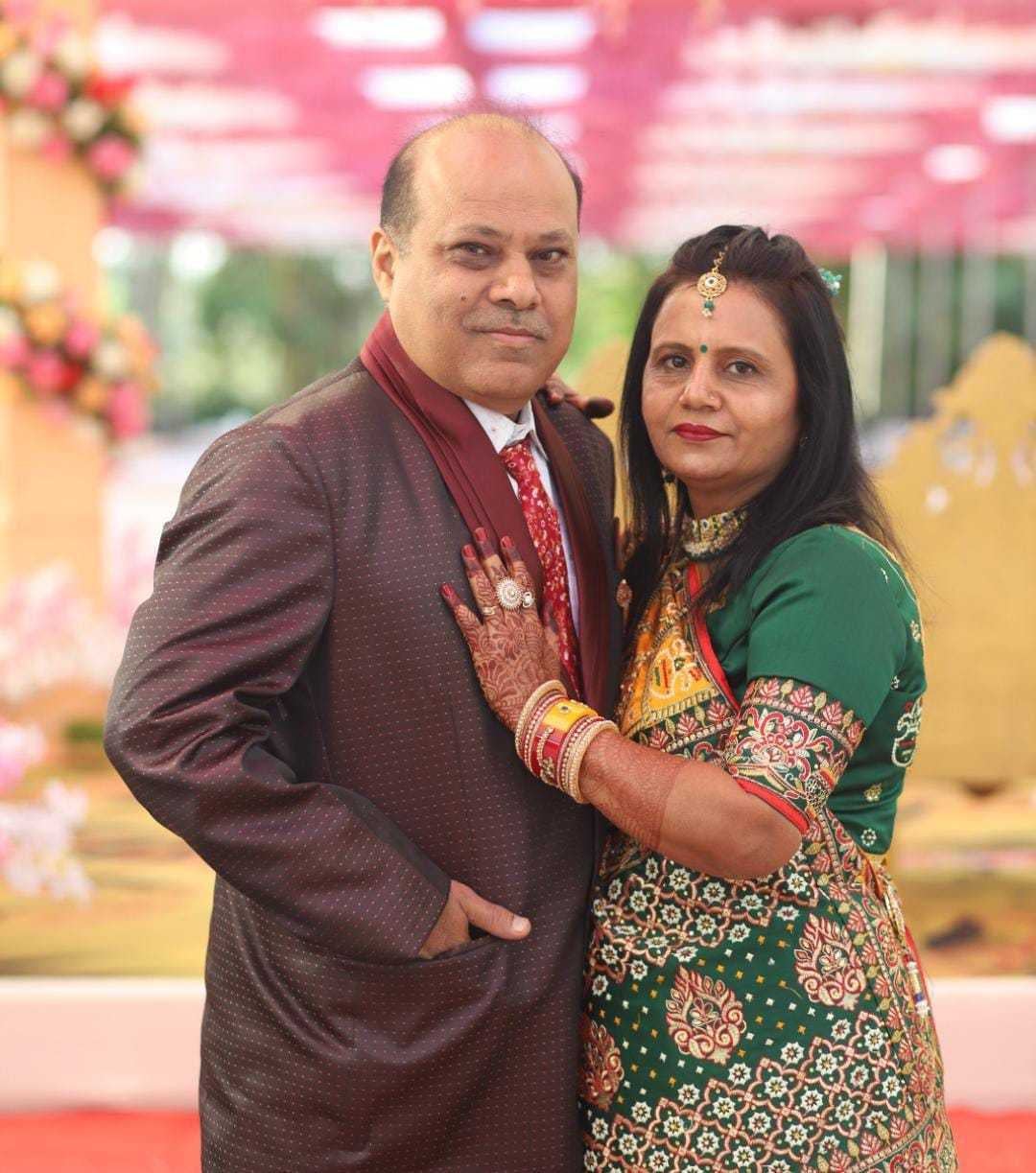
But no sense of order can fill the space left behind by the dead. When asked whether he sought an investigation into the tragedy, Mr Panchal said, “I just want to make sure something like this never happens again. The government and all the authorities must ensure that.”
“Because no matter how good the services are, they won’t bring back my brother and sister-in-law,” he added.
Alongside the formal investigation, the Indian government has set up a high-level committee to examine the causes that led to the crash. The committee will focus on formulating procedures to prevent and handle aircraft emergencies in the future, the Ministry of Civil Aviation said in a statement on Saturday.
Authorities have also begun inspecting Air India’s entire fleet of Boeing 787 Dreamliners, the minister of civil aviation, Ram Mohan Naidu Kinjarapu, said in Delhi on Saturday, during his first news briefing since Thursday’s crash.
Eight of the 34 Dreamliners in India have already undergone inspection, Mr Kinjarapu said, adding that the remaining aircraft will be examined with “immediate urgency”.
Investigators on Friday recovered the plane’s digital flight data recorder, or the black box, from a rooftop near the crash site.
The device is expected to reveal information about the engine and control settings, while the voice recorder will provide cockpit conversations, said Paul Fromme, a mechanical engineer with the UK-based Institution of Mechanical Engineers.
The plane that crashed was 12 years old. Boeing planes have been plagued by safety issues on other types of aircraft. There are currently around 1,200 of the 787 Dreamliner aircraft worldwide, and this was the first deadly crash in 16 years of operation, according to experts.


